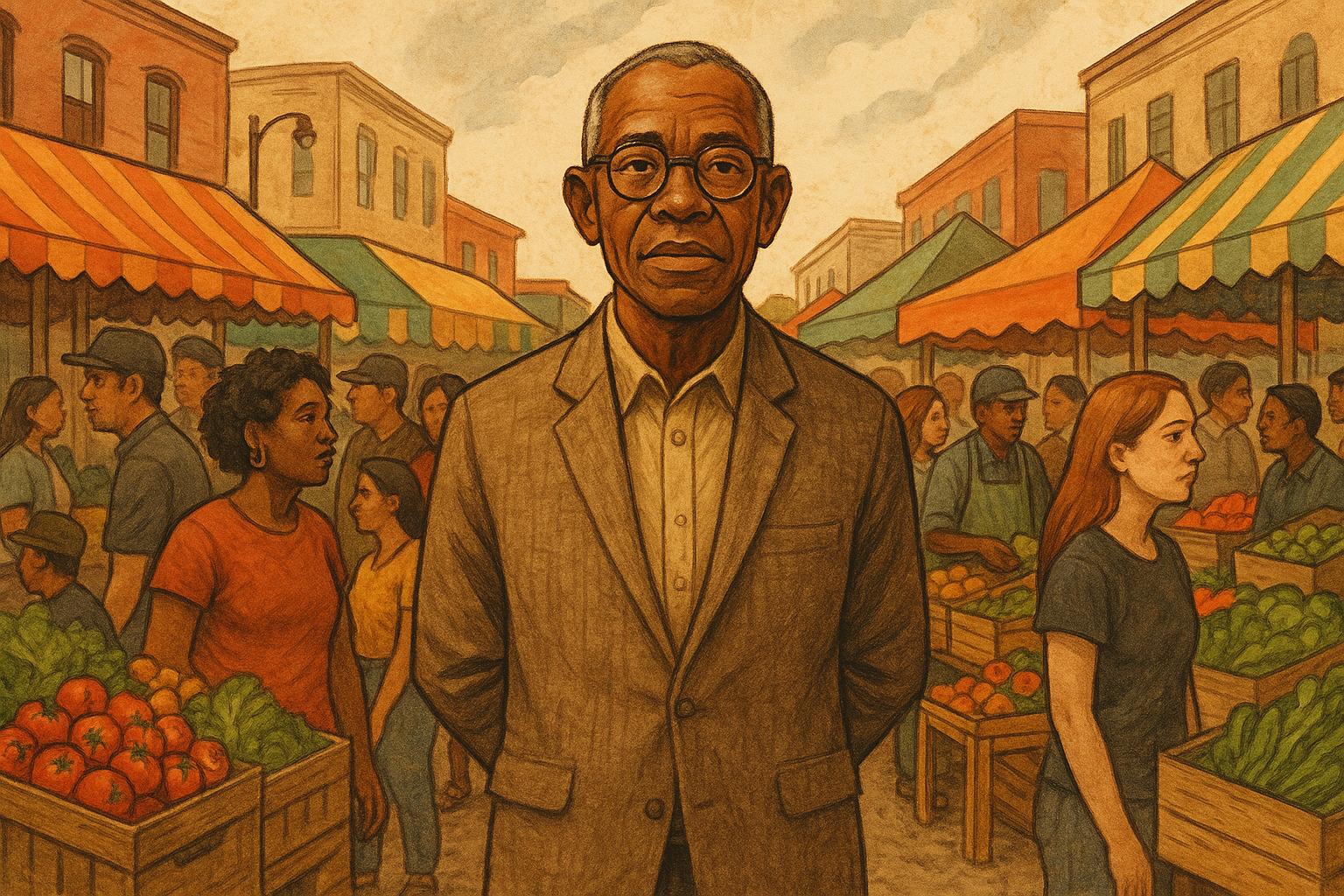A recent YouGov poll suggests that concerns about immigration in the UK may be largely "manufactured," driven more by political rhetoric and media portrayal than by actual local experience, according to campaigners. The survey, commissioned by the campaign group Best for Britain, revealed that just 26% of respondents regarded immigration and asylum as one of the three most important issues facing their local community. This contrasts sharply with the 52% who identified immigration as a significant national issue. Locally, immigration ranked seventh among key concerns, trailing behind cost of living, health, crime, housing, and jobs.
Saeema Syeda from the Joint Council for the Welfare of Immigrants (JCWI) interpreted the poll findings as proof that there is no immigration crisis. She argued that the immigration panic has been "manufactured" to deflect attention from more pressing issues such as the cost of living and access to healthcare, education, and housing. Syeda emphasised the need to end scapegoating and focus on shared community priorities.
The poll found that the cost of living remains the leading concern both nationally and locally, reflecting deep public anxiety about economic pressures. Among Labour voters, 56% cited the cost of living as a major national issue, with 39% naming the economy, compared to 34% highlighting immigration, indicating that economic concerns overshadow immigration in this key voter demographic.
Tom Brufatto of Best for Britain observed that the data reveals how media narratives and political discourse are amplifying anti-immigration sentiment, causing the government to lose support across the political spectrum. He suggested that addressing economic challenges, including improving trade relations with the European Union to mitigate Brexit's economic impact, could help alleviate broader societal discontent.
This poll's insights contrast somewhat with other recent surveys highlighting immigration as a top public concern on a national scale. For instance, a YouGov poll conducted for Sky News reported 58% of respondents identifying immigration as a leading national issue for the first time since Brexit, with 70% believing immigration levels are too high. Similarly, an August 2025 Ipsos Issues Index found that 48% of Britons saw immigration as a primary concern, and 31% felt their local areas were accommodating more asylum seekers than fair.
Discrepancies between these polls may reflect differing question framing, timing, or demographics, and highlight a nuanced public sentiment where immigration is a significant national topic but less so in immediate daily local concerns. Ipsos data also show divided public opinion on protests against asylum seekers, indicating complex and varied attitudes at the community level.
Internationally, the UK's heightened anxiety about immigration aligns with trends identified by a global Ipsos poll that identified Britons as the most worried about immigration among 25 surveyed countries. Conversely, in the United States, Gallup data suggest a recent decline in immigration concern, with increased numbers viewing immigration positively.
In summary, while immigration remains a prominent issue in UK public discourse, data indicate that local experiences may not match the intensity of national concern. Campaign groups argue this gap results from political and media emphasis rather than lived realities, calling for policy focus to return to core economic and social challenges affecting communities directly.
📌 Reference Map:
- Paragraph 1 – [1] (Irish News), [2] (Irish News)
- Paragraph 2 – [1] (Irish News)
- Paragraph 3 – [1] (Irish News)
- Paragraph 4 – [1] (Irish News)
- Paragraph 5 – [1] (Irish News)
- Paragraph 6 – [3] (Sky News), [4] (Ipsos)
- Paragraph 7 – [4] (Ipsos), [5] (Ipsos)
- Paragraph 8 – [6] (Gallup)
- Paragraph 9 – [1] (Irish News), [3] (Sky News), [4] (Ipsos)
Source: Noah Wire Services
